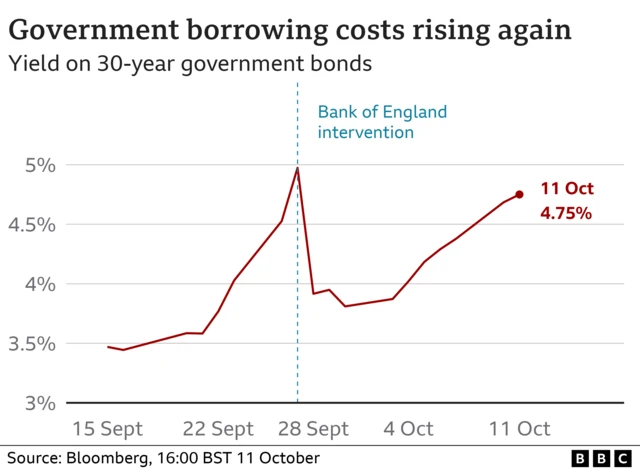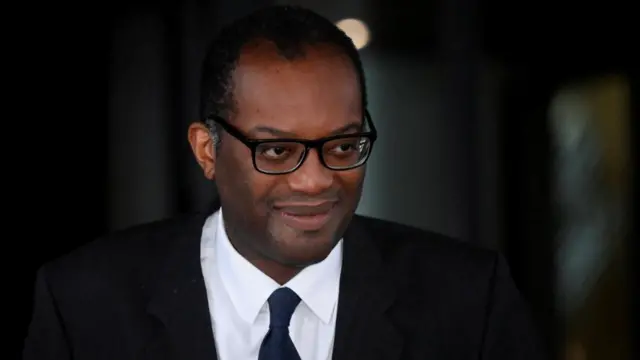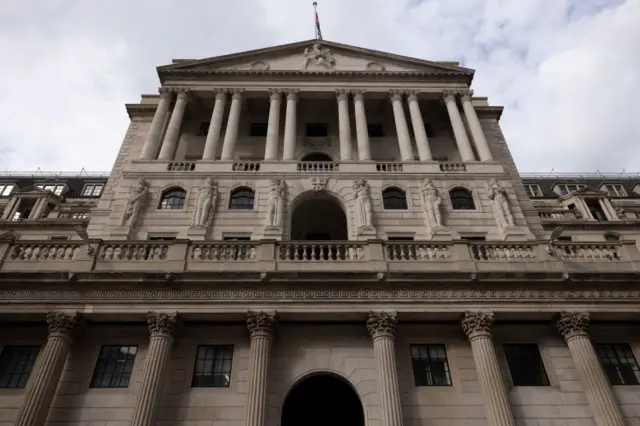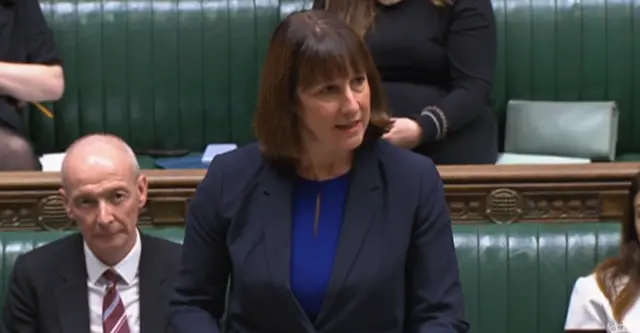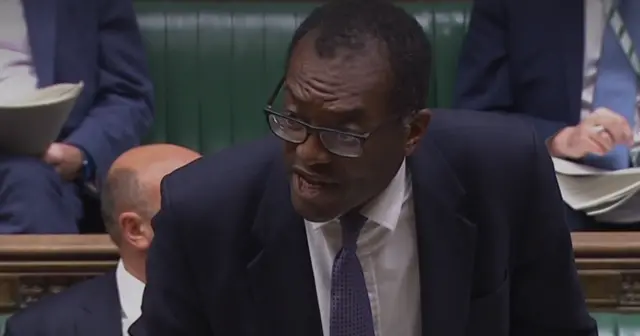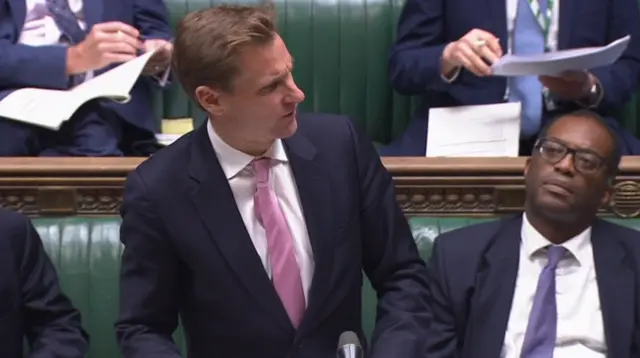Thanks for following uspublished at 17:03 BST 11 October 2022
Thanks for following our coverage of all the latest news on the UK economy.
We're now pausing our live page for the day.
The coverage was brought to you by editors James Fitzgerald and Nathan Williams, with reporters Dearbail Jordan, Alys Davies, Flora Drury, Paul Seddon, and Christy Cooney.
